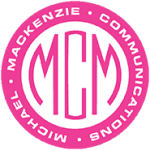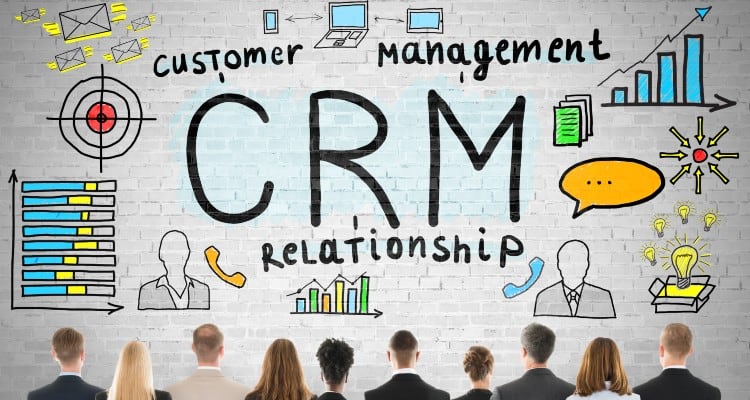The first time that I was knighted as the CRM or database administrator was in my very first marketing job working for an engineering software firm. Each month I loaded inquiries from the bingo cards we received from display ads. To that group we added contacts from cards collected at the 40+ SLED and association annual meetings our sales team attended each year. It was a tedious yet important role.
Some two decades later I’ve setup, operated and trained on probably a dozen or so different CRM solutions from free or nearly free options like Pipedrive, Zoho Office and Hubspot to Oracle’s Siebel CRM, Salesforce and Microsoft Dynamics.
Here’s what I’ve learned:
Every business with customers and prospects needs a CRM.
I’m sure you cringed when you read that gross generalization, but I meant it. Every business needs some kind of Customer Relationship Management solution to track what they have and what they don’t have and to plan for and communicate how they are going to move business forward in those relationships.
Lots of well-intended sales and marketing professionals set out to setup a CRM and then fail.
Dashboard views of every activity sound great but best practices for finding, implementing and adopting a CRM are a kettle of fish for another blog post. The reality is that making a commitment to most CRM solutions is a big deal, will cost more money that you planned or budgeted, and will fail to meet your performance expectations if you don’t somehow entice or mandate use by your team. I’m in no way suggesting that you shouldn’t choose to adopt a fully-fledge CRM solution but at the same time you shouldn’t shy away from taking baby steps while you get your budget, plan and team in lock step.
The Best CRM for Your Business is the One that You Actually Use
Your business may already use QuickBooks and for the time being it works as a pseudo-CRM. It holds your AR information as well as customer contact information. It’s less than ideal for on-going customer communications but it is better than having no CRM solution at all. At the end of the day, you can use it to track and communicate with customers as well as do some opportunity planning, deal mapping and forecasting if you use it for quote generation.
Your IT business may use your ITSM (IT Service Management) platform as your CRM. This also works. It holds your customer contact information as well as an audit trail for how you’ve supported individuals. It’s less well suited for a roll up, top-down view of the organizations you support and for planning of broad reach communications, but it is certainly better than no CRM solution at all. On the plus side it does a groovy job of collecting individual contact information from throughout the organizations you support which can be great if you have information to share with a lot of people. It’s less helpful for automating the estimation of future business opportunity with existing accounts but if you dig hard enough, the up-sell information is in there!
You may use a spreadsheet. There you go, I said it. You can use Microsoft Excel or Google Sheets as your CRM. And having all of your customer, prospect and opportunity data in one place is far better than a stack of business cards on your desk or notes and contacts in your cell phone (or the personal cell phone of your sales guy who may or may not be an employee next month).
The key to a high performing CRM solution is having the discipline to use it every day. It’s not about how sexy it looks, or how fully customizable it can be. And it’s not about reworking your organizational workflow to match the mandates of somebody else’s system.
It’s about making sure that everyone on your team who is involved with business development among new and existing customers is responsibly tracking the details of those touches in a single, centrally located and religiously archived solution that can be retrieved, viewed and reported on by somebody else. Getting the CRM accountability part right is not only key to the long-term success of your business but will be incredibly important tomorrow when your top sales guy’s Powerball numbers come in and he’s in Mallorca as opposed to your sales meeting.
This post is courtesy of MMC Principal Jennifer Koon.

